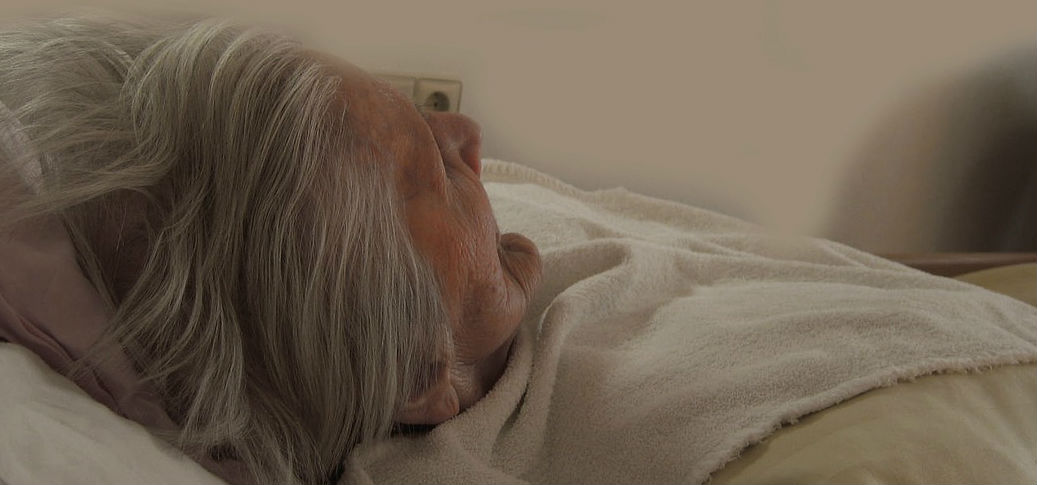
Nursing home residents and their loved ones often face unsettling times. The medical care they receive tops the list of such worries. Unfortunately, a new look at nursing home medical care may do little to sooth anyone’s concerns.
When nursing home residents suffer a major illness – such as an infection – they often are sent to hospitals for medical care. Kaiser Health News this month published a report that revealed the alarming dangers when nursing homes make this process a revolving door. (It also last year reported that nursing homes often ignore necessary steps to prevent fatal infections.)
Nursing Home Boomerang Effect
The report centers on what it calls the “boomerang” effect: nursing home residents who are sent to hospitals for medical care, are returned to nursing homes and then shortly sent back to the hospital after regressing. It describes, for example, one woman sent to a hospital for hip surgery. She went back to the hospital after only 11 days in the nursing home because of a serious surgical wound infection. The wound also was ridden with insects.
Kaiser found that one-fifth of U.S. nursing homes return at least 25 percent of their residents back to hospitals for medical treatment. It says these boomerang trips can endanger nursing home residents by exposing them to deadly infections as well as creating emotional stress.
What causes nursing home residents to enter this harmful cycle of hospital readmissions?
Poor Communication Between Nursing Home and Hospital
According to Kaiser, poor communication between the nursing home staff and hospital care providers is one cause. After hospital treatment, nursing home residents should return with detailed after-care instructions. If hospital doctors omit certain steps, or nursing home medical care staff ignore some of the instructions, nursing home residents can worsen, forcing them back to the hospital.
Another reason for so many return trips to the hospital, according to Kaiser, is money. The necessary medical steps to prevent hospital admissions, such as frequent doctor examinations and testing, are costly for nursing homes. It’s cheaper for the facilities to send their residents to hospitals for such care.
A good portion of nursing home residents are under Medicaid. But after hospitalization the residents are covered by Medicare for up to 100 days. Medicare pays better than Medicaid.
And nursing homes can suffer from understaffing, either because of worker shortages or as a way a facility to minimize expenses while putting residents at risk.
Despite age and condition, residents - and their families - should expect that nursing homes provide a standard level of medical care; one that does not do more harm than good.
If you suspect your loved one suffered neglect and catastrophically bad care in a nursing home, turn to a personal injury attorney to investigate on your behalf.
The choice of a lawyer is an important decision that should not be based solely on advertisements.
Authored by Gray Ritter Graham, posted in Blog June 20, 2018

 RSS Feed
RSS Feed